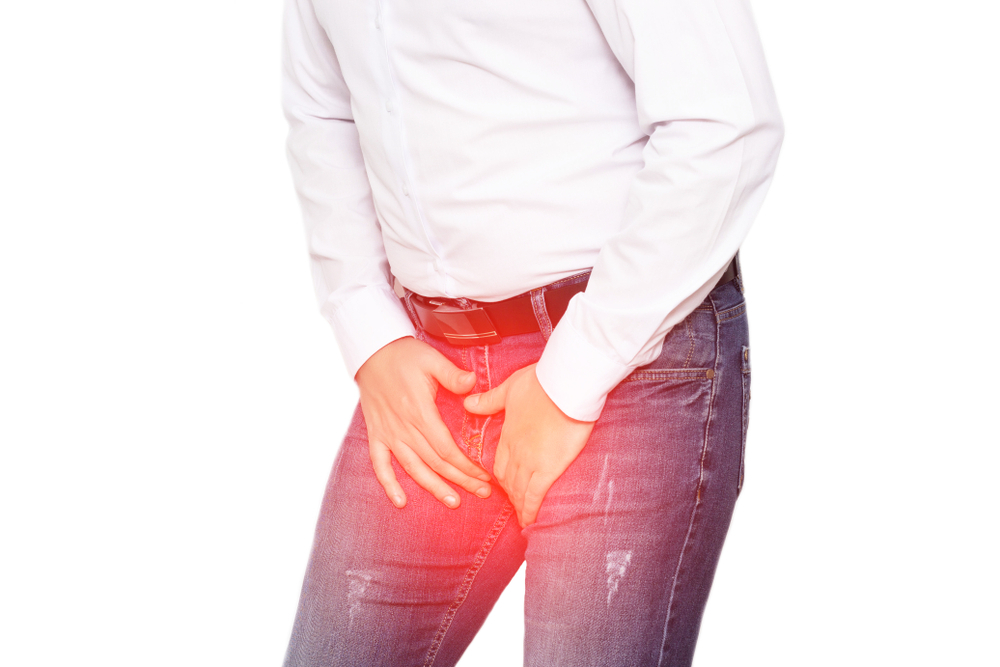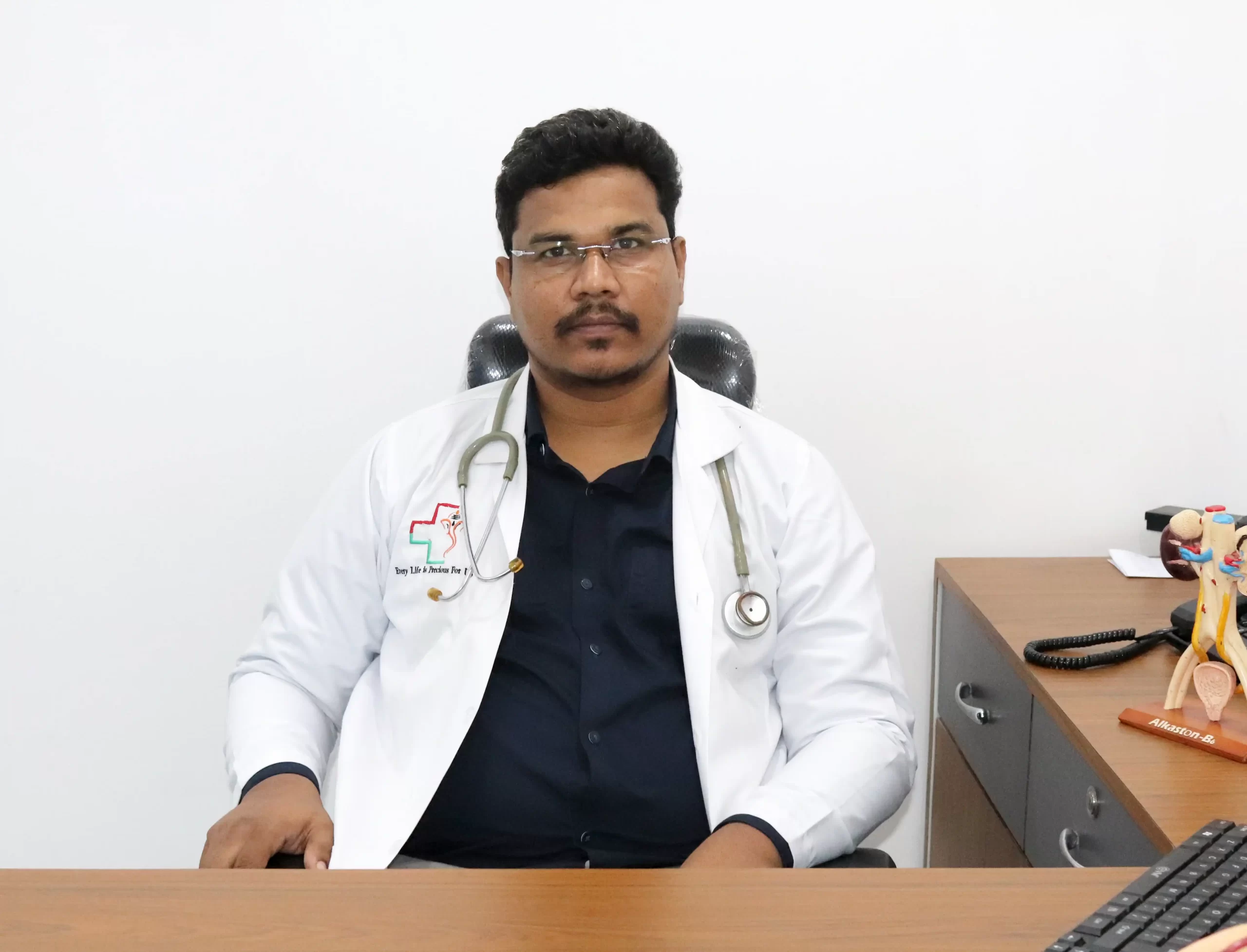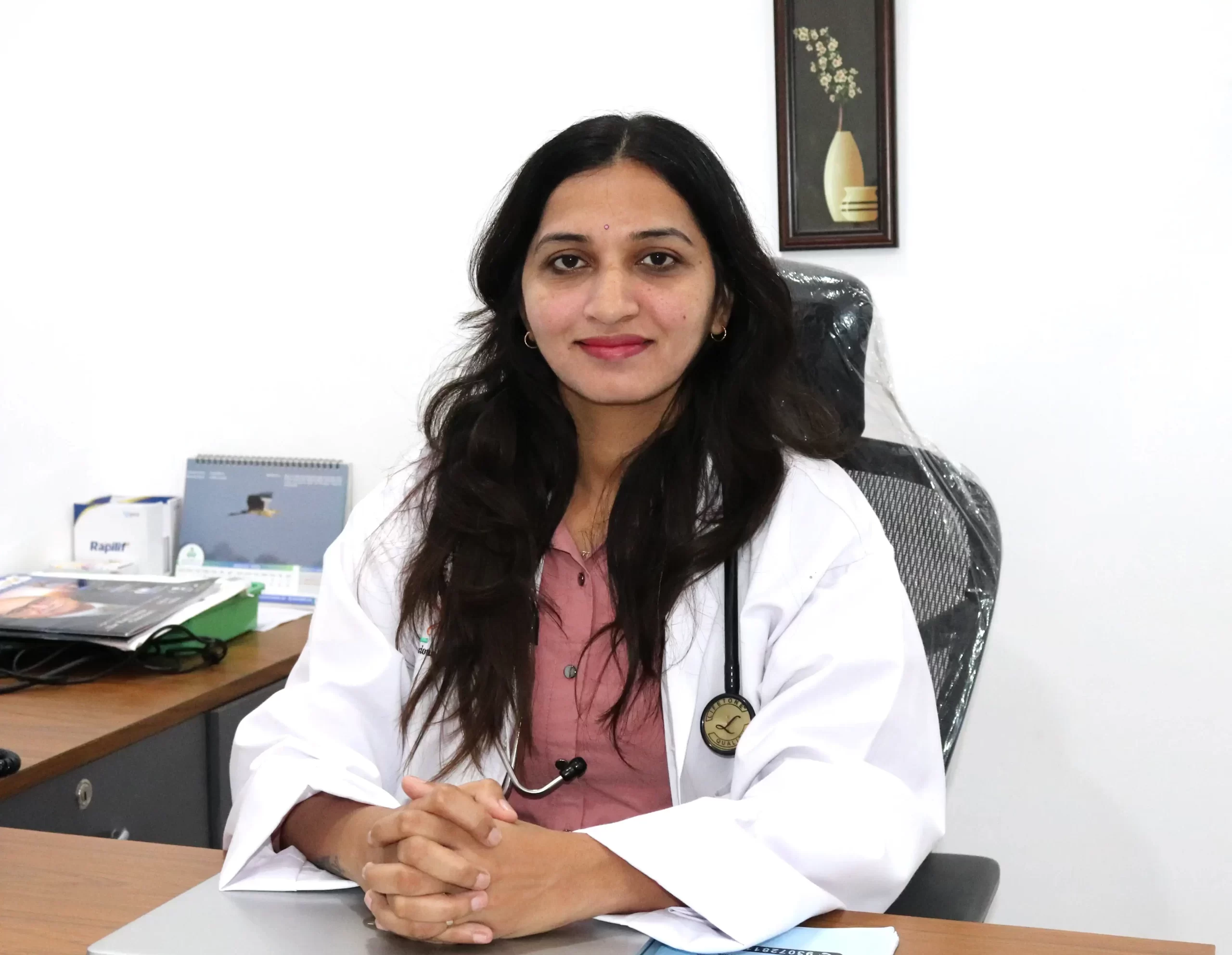- Home
- Departments
- Fistula Treatment

Fistula Treatment
A fistula is an abnormal connection between two organs or between an organ and the skin. Fistulas can occur in various parts of the body, such as the digestive tract, urinary system, and reproductive organs. Effective treatment depends on the location, cause, and severity of the fistula.
Overview
An anal fistula is an abnormal tunnel-like tract that forms between the anal canal or rectum and the skin near the anus. It often results from an infection in an anal gland, leading to the formation of a passageway for the drainage of pus. Fistulas can cause pain, swelling, and drainage of pus or feces.
Treatment Approaches:
- Medical Management: In some cases, small and uncomplicated fistulas may respond to medical treatment. Antibiotics and other medications can help control infection and inflammation, allowing the fistula to heal on its own.
- Surgical Treatment: Surgical intervention is often necessary to treat fistulas, especially when they are large, complex, or causing significant symptoms. Surgical options include:
- Fistulotomy: This involves cutting open the fistula tract to allow it to heal from the inside out. It's commonly used for simple fistulas.
- Fistulectomy: The entire fistula tract is surgically removed. This approach is used for more complex or recurrent fistulas.
- Seton Placement: A seton (a piece of thread or rubber) is placed through the fistula tract to promote gradual healing and prevent recurrence.
- Flap Procedures: Tissue from nearby areas is used to cover the fistula opening, promoting healing and preventing recurrence.
- Fibrin Glue: A special glue is injected into the fistula to seal it and promote healing. This is suitable for certain types of fistulas.
- Advancement Flap: Healthy tissue is used to cover the fistula opening, promoting healing.
- Colostomy or Diversion: In complex cases, temporary diversion of stool or urine away from the affected area may be necessary to allow the fistula to heal.
- Endoscopic Treatment: For certain types of fistulas, such as those involving the digestive or urinary tract, endoscopic techniques may be used to close the fistula using clips, sutures, or other devices.
- Imaging-Guided Treatment: In some cases, image-guided procedures, such as placing drain tubes or injecting substances to close the fistula, may be used.
Meet Our Doctors
Our administration and support staff all have exceptional people skills and trained to assist you with all medical enquiries. Doctors will be available from 8 am : 12 am , kindly call to confirm your Appointment.
Emergency Cases
Please feel welcome to contact our friendly reception staff with any general or medical enquiry call us.




